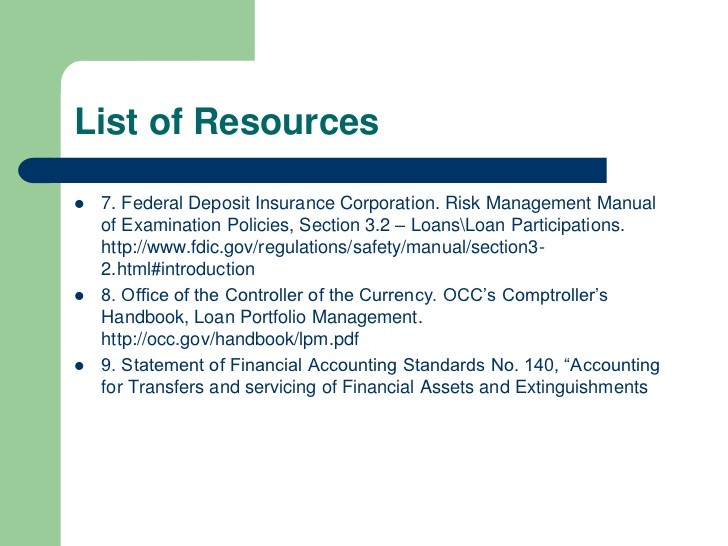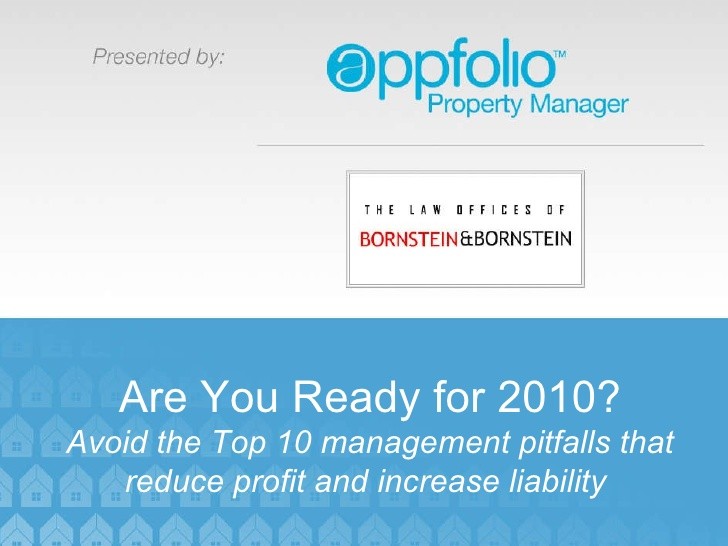Management Liability Insurance Policy Pitfalls
Post on: 9 Июнь, 2015 No Comment

Since 2010, according to year-by-year SEC Enforcement Statistics, the SEC has filed more enforcement actions against investment advisers and investment companies than any other category of enforcement targets. In each fiscal year from 2011-2013, the SEC filed at least 140 enforcement actions against investment advisers and investment companies. During this same time period, United States Department of Justice (DOJ) actions against investment advisers have also increased exponentially. Nearly simultaneously, news reports concerning insider trading allegations and scandals involving investment managers, their funds and expert networks have been sensationalised in the business press.
Historically, investment managers have questioned the value of insurance, in part because they were under the supervision of a much less aggressive SEC and in part because they felt that they were sufficiently protected by broad indemnity agreements and the deep pockets of the funds that they managed. But in recent years, new regulatory policies and activity, the substantial costs of legal defence, the financial value of the settlements and the scrutiny of investors have combined to create an environment in which more and more investment managers and investment funds are purchasing management liability insurance policies, both to protect against insurable risks and to reassure their investors. Insurance companies have responded by beginning to tailor products to meet the specific risks faced by investment funds.
D&O and E&O insurance coverage
Insurance companies now offer management liability policies for investment funds and investment advisers that provide coverage for risks typically associated with directors and officers (D&O) liability insurance, as well as risks typically associated with errors and omissions (E&O) or professional services insurance products. In general, the D&O coverage section provides coverage for the directors and officers of investment funds, as well as the investment adviser entity and its general partners and members, for claims alleging a wrongful act, error, omission or breach of fiduciary duty.
The E&O coverage part, in general, provides coverage to the investment adviser (and its general partners and members) for claims alleging a wrongful act, error, omission, misstatement, misleading statement, negligence or breach of duty with regard to professional services performed for a third party. Professional services typically include, among other things, financial, economic or investment advice or asset management services performed by the investment adviser for customers. Management liability policies may also include coverage for employment liability (EPLI) claims such as workplace discrimination, harassment or wrongful termination. Both D&O and E&O policies typically provide the insured with the right to reimbursement of defence costs incurred defending covered claims.
Potential claims
Claims against funds and investment managers that may be covered by insurance, in whole or part, come in many shapes and sizes. For example, claims by investors that fund managers have strayed from the published investment strategy and guidelines or breached related duties may fall within the scope of coverage. Likewise, claims against a private equity fund concerning alleged misrepresentations regarding a portfolio companys viability may also fall within the scope of coverage.
In the current regulatory climate, however, investigations by the SEC or other government agencies may be the claims of primary concern. Many policies provide coverage for legal fees incurred in connection with such investigations, particularly if the investigations are commenced by a subpoena that identifies individual insureds. This can be critical, because the defence fees incurred by an adviser or fund under investigation can often run well into the millions of dollars. Whether a particular investigation or regulatory action is covered will depend on the terms of the policy.
Key insurance provisions
Not all management liability policies offer the same terms and conditions. Consequently, it is important to retain a knowledgeable professional to assist with review of proposed policy terms. In many cases, it is also helpful to consult with experienced counsel. For example, the following is a partial list of some of the issues that should be addressed when considering the terms of coverage offered by an insurer:
- Definition of Claim: the Definition of Claim in the policy should be broad enough to include investigations by the SEC or other government agencies.
- Final adjudication: policy exclusions for fraud and illegal profit should be restricted to those situations where there has been a final non-appealable adjudication in the underlying proceeding establishing that fraud was committed or profit was illegally obtained.
- Non-imputation: fraudulent or illegal conduct of one insured should not be imputed to other insureds for the purpose of applying policy exclusions for such conduct.
- Severability: misrepresentations in policy applications should not be imputed to insureds who were unaware of the facts that were misrepresented.
- Advancement of defence costs: policies should expressly obligate the insurer to advance defence costs.
- Order of payments: policies should provide that, in situations where the policy limits are insufficient to cover all loss, payments for the benefit of individual insureds should have priority over payments for the insured entities.
- Insured versus insured exclusion: most policies bar coverage for claims brought by one insured against another, but there are several important exceptions to this exclusion that should be included in the policy.

Concerns with admissions in settlements
Earlier this year, SEC chairman Mary Jo White announced changes to the agencys settlement policy, pursuant to which defendants were previously able to resolve investigations and claims by entering into settlements in which they neither admitted nor denied the allegations. That policy had been criticised by a number of federal judges, most notably by Judge Rakoff in his ruling blocking the proposed settlement with Citigroup.
According to reports, going forward, the SEC will require defendants to admit or acknowledge misconduct to resolve claims regarding activities: (i) that harmed large numbers of investors; (ii) that posed a significant threat to the market or investors; (iii) with respect to which admissions would assist investors in determining whether to deal with a party in the future; and (iv) with respect to which admissions would send an important message to the market.
This change in policy has serious implications for investment management liability insurance policies. In most well regarded policies, insureds are entitled to coverage for defence costs related to SEC claims of fraud or illegal conduct (and often related investigations), but only where there has not been a final adjudication of the fraud or illegal conduct. If a final adjudication confirms allegations of fraud or illegal conduct, then the conduct exclusions in the policies will likely bar coverage.
In the recent past, when an insured settled with the SEC (and the DOJ) without admitting or denying liability, defence costs incurred to reach the settlement were typically covered. If insureds are required to admit misconduct to settle SEC or DOJ claims going forward, this could lead to a legal battle over whether such admissions constitute a final adjudication. The stakes are high because, if deemed a final adjudication, not only would defence costs be excluded, but the insurer may also argue that it has the right to claw back defence costs that were advanced in connection with the defence of such claims.
The new SEC policy has the potential to create a conflict between the business interest in settling a claim and the potential loss of insurance coverage if admissions are a prerequisite to settlement. As currently drafted, insurance policies do not contain language that addresses the fact that an insured may make an admission to further an expedient settlement, even where the insured believes the underlying allegations of fraud or illegal conduct are false. If the admissions are in fact the result of the SEC policy regarding settlements and not because allegations of fraud or illegal conduct are accurate, the resulting loss of coverage would be very unfair.
In order to avoid litigation over this issue, it would be prudent for insurers and insureds alike to clarify the final adjudication language to make clear whether admissions in this context are intended to trigger the conduct exclusions. If they are not, then perhaps the most simple clarification would be to add a clause that provides that admissions made in connection with the settlement of an enforcement action commenced by the SEC or other government agency shall not be deemed a final adjudication. Alternatively, since such a broad fix may not be favoured by insurers, perhaps an enhanced severability provision could be added which protects the entity (as well innocent insureds) from the admissions of a settling individual.
Bankruptcy issues
Historically, the battle waged in bankruptcy actions has been over whether the insurance policy proceeds are assets of the individual insureds or the bankrupt entitys estate. The Order of Payments provision, now included in most policies, resolves many of these types of issues by giving priority to payments to be made on behalf of the individual insureds. Despite this clause, there is often still a struggle, in the bankruptcy context, between the individual insureds, who seek to have the policy pay their defence costs, and the creditors, who seek the policy proceeds to resolve their claims.
It has become fairly commonplace for the insureds and the insurers to address this issue by obtaining a comfort order from the court, which permits the funding of the individual insureds defence costs. In many cases, however, the bankruptcy court will seek to reserve some policy limits to resolve the creditors claims by placing a cap on the amount to be used to fund defence costs, at least subject to the insureds rights to seek defence costs above the cap.
Conclusion
With the availability and interest in investment management liability insurance on the rise and the legal liability inherent in the new regulatory landscape, investment managers and their professional operations managers need to pay special attention to their insurance options.
Howard B. Epstein is a partner in the New York office of Schulte Roth & Zabel. He is also chair of the Environmental and Insurance Practice Groups and a member of the Litigation Department. Epsteins environmental practice has transactional, compliance counseling and litigation aspects. A court-certified mediator, he has successfully mediated many complex insurance and environmental matters. Prior to joining SRZ, he served in the Office of the New Jersey Attorney General, first as counsel to the New Jersey Department of Transportation, and later as Deputy Attorney General and Counsel to the New Jersey Department of Environmental Protection. Epstein is the co-author of the New York Law Journal Corporate Insurance Law column.
Theodore A. Keyes is a special counsel in the New York office of Schulte Roth & Zabel, where he practices in the areas of insurance law, environmental law and litigation. His litigation practice covers a wide range of issues and disputes involving insurance and environmental law in state and federal court as well as in the context of alternative dispute resolution. Since 2003, he has been the co-author of the New York Law Journal Corporate Insurance Law Column.














